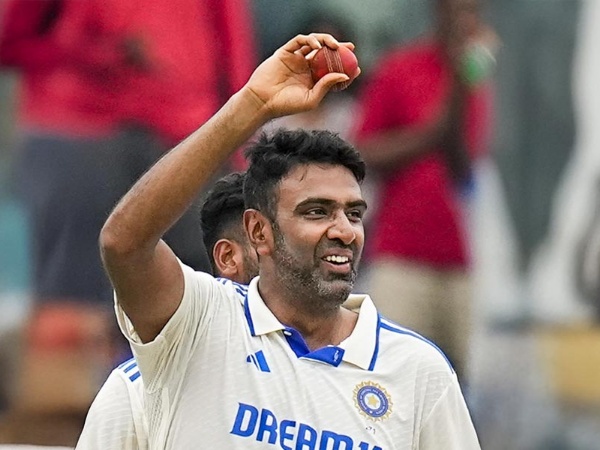Ashwin’s bid to explain decision keeps the pot of retirement boiling
The kettle has been kept boiling by all and sundry in the wake of R Ashwin’s retirement from international cricket. Some appreciated his instinctive decision, and others criticised him for leaving the team midway through a Test series, but many others merely speculated, kicking up a storm or three.
The diverse opinions expressed by fans in public domain has seen each player retirement acquire a life and an aura of its own. Long after Ashwin chose to pack his bags and head home because he believed his time as an international cricketer was up, the air waves continued to be full of contrarian views.
It is perhaps a sign of the times that Social Media is setting and driving the agenda that Ashwin found it compelling to explain his decision. A few days after saying that Hindi is an official language, he chose his Hindi YouTube channel – with a subscriber base of 130,000 – to share some thoughts behind his decision.
He may have a point when he says that fans forget athletes within a week of their retirement. Of course, Sachin Tendulkar’s farewell at the Wankhede Stadium in Mumbai in 2013 was a spectacle in itself, all but overshadowing what was seen as a hastily arranged two-Test series against the West Indies.
Ashwin’s latest foray on YouTube to explain how he believed that the creativity that he looks for had ended and hence made the decision has only heightened conversation on the subject of other impending retirements. He may not have intended it, but the spotlight returns to the possibility of other cricketers who are on the higher side of 35 years of age.
Yet, retirement from sport is a personal decision that athletes can make. The truth is that retirement is not an easy decision for every athlete to make. It is not so much an uncertain future that could hold them back. It is possible that they have invested so much of their time in their sport that they do not have much else to fall back on.
There are, of course, different reasons that are at the root of athletes’ decisions to retire from their respective sport. There are some who have been beaten by the vagaries of time, their weary bodies giving up on them. Some others whose minds are fatigued from following the same routine for years.
Some athletes know instinctively that their time is up and do not hesitate in letting people know their decision to retire. Others linger for a bit to see if there would be a change of mind before confirming their decision to shuffle away from the sport that they have played for years with passion and intensity.
Having won the US Open men’s singles crown for the fifth time in 2002, tennis legend Pete Sampras did not play for a whole year before announcing his retirement. He realised that the love for battle had gone from his heart and accepted the US Open offer to have a ceremony for his retirement.
On the contrary, Australian wicket-keeper Adam Gilchrist dropped a simple catch off VVS Laxman in a 2008 Test match and realised that he would be better off walking away from cricket. It is not often that such examples surface in the world of sport but Gilchrist’s decision showed that epiphany comes in different forms to different sportspeople.
Later that year, India captain Anil Kumble picked up an injury in the Delhi Test and realised the body had been asking questions each day, leading him to announce his retirement. His successor as skipper Mahendra Singh Dhoni chose to retire from Test cricket in the middle of a series in 2014, citing the strain of playing all three formats.
For all that, leading performers have earned the right to choose when to hang up their boots. However, it is up to selectors in team sport to decide whether such players who are in the twilight of their careers can or not be included in the squad that they are charged with picking. If everyone understands that aspect, most of the noise will fade away.
Sadly, many fans, now split by their loyalties to individual players rather than to the sport itself, will keep looking for something mysterious where none exists. It is what keeps the wheels spinning, even to the extent of making the articulate Ashwin explain his decision to try and stop people from crying wolf.
